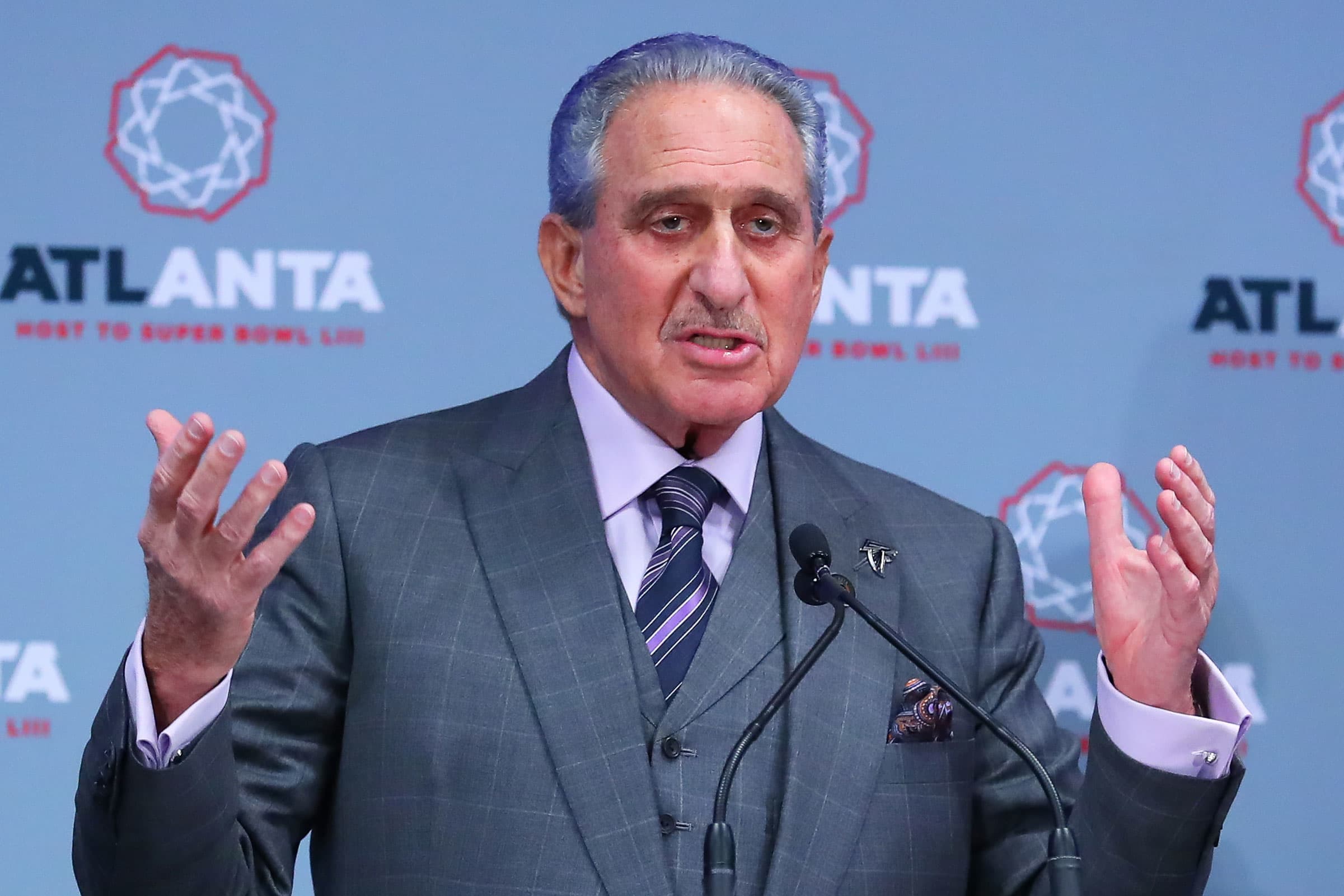
Billionaire businessman Arthur Blank told CNBC on Monday that businesses must care about more than just profitability, suggesting social responsibility should also be an area of emphasis.
“If you don’t care about people, profit and the planet at the same time, profitability by itself isn’t really enough,” Blank said on “Power Lunch.” “And the truth of the matter is, you can have them both, and I think we should have them both.”
Blank, who co-founded The Home Depot in 1978, is now owner of the NFL’s Atlanta Falcons and Atlanta United of Major League Soccer. His comments Monday came one day before the release of his book, “Good Company,” which details his business career and his views on corporate strategy.
The remarks also come shortly after the 50th anniversary of the publication of economist Milton Friedman’s seminal essay, “The Social Responsibility of Business is to Increase its Profits.” In recent years, some have further called into question Friedman’s guiding ideals on profits and emphasis on shareholder value.
Blank noted that even The Business Roundtable — made up of CEOs from major U.S. companies — came out last year in support of a more wide-ranging view of the corporation that aligns with his own business approach.
Wall Street has also lately seen more interest in sustainable investing; in August, for the first time ever, assets under management in funds that abide by environmental, social and governance principles surpassed $1 trillion, according to data from Morningstar.
Blank stressed the importance of businesses generating profits in order to flourish and continue operating. “I’m a capitalist — got to make money, otherwise the business, the institution is not sustainable. It’s not going to be there for the future,” he said.
“But particularly today’s younger population, they’re not only seeking but they’re demanding companies, organizations, think more broadly about their purpose. I think that’s a good thing,” he added.
Blank said one of the key ideas he explores in his book — the personal profits from which are being donated to the National Center for Civil and Human Rights in Atlanta — is the importance of establishing a “sense of neighborhood, even within a company, and having a higher purpose than just making money.”
This idea stems from his upbringing in Queens, New York, he said, in an area with many people who immigrated to the U.S. “looking for the American Dream.”
“I think that that notion of neighborhood also is something that can and should bring this country closer together. The country is much more connected now, as you all know, in any variety of ways,” Blank, 77, said. “However, I think the notion of neighborhood and all of the connotations that go with that — the diversity, the understanding, the support, you’re working with each other, living with each other, sharing each other, etc. — a lot of that is not the same.”




